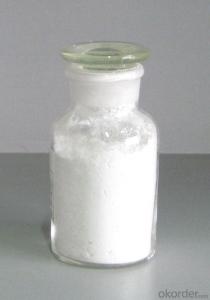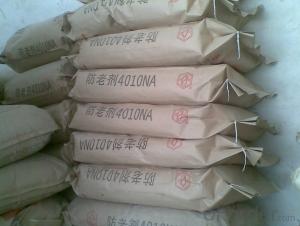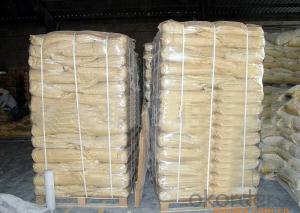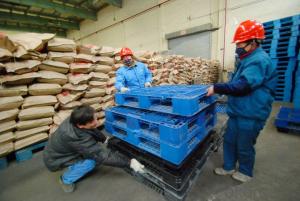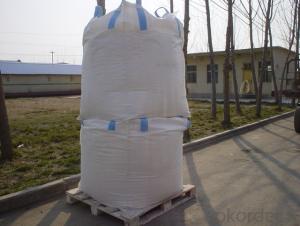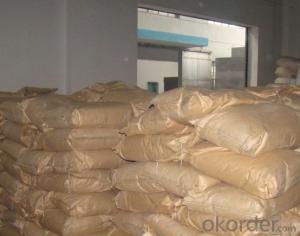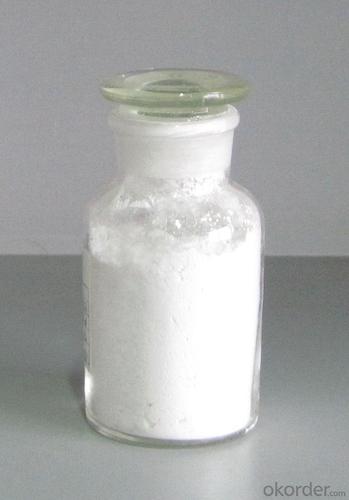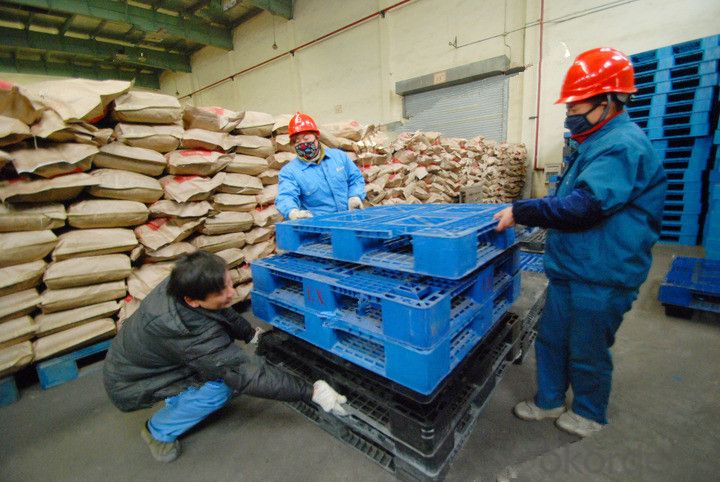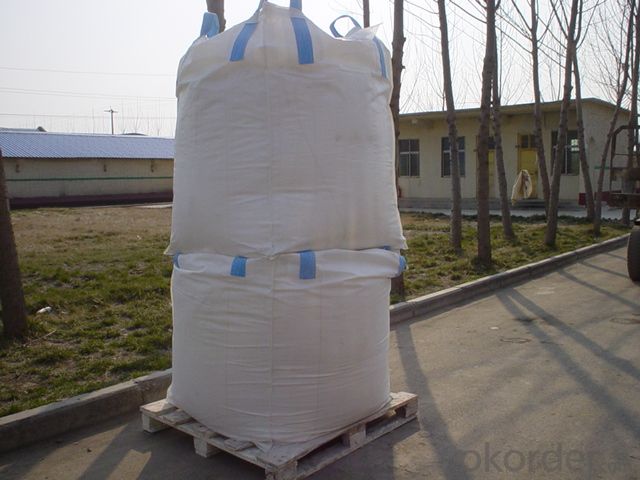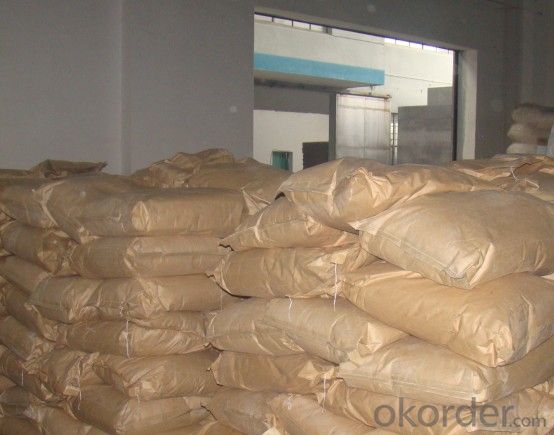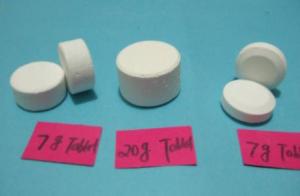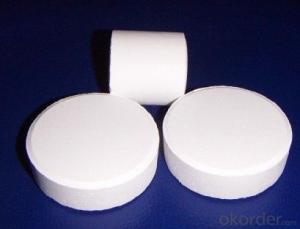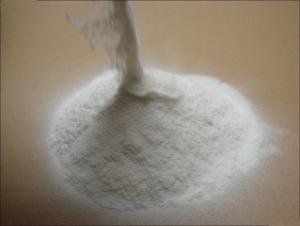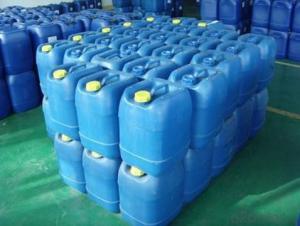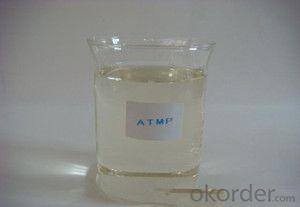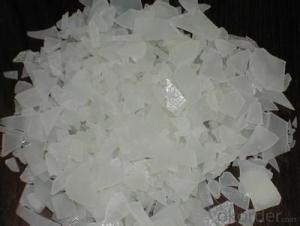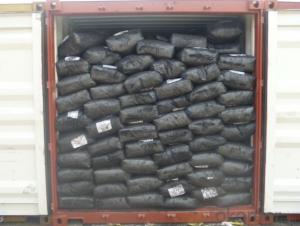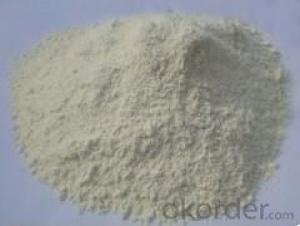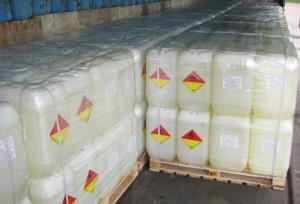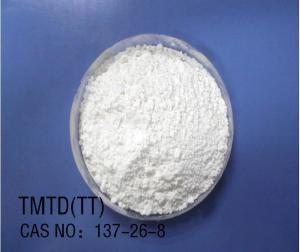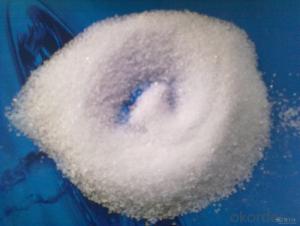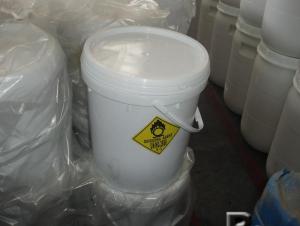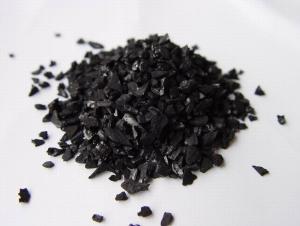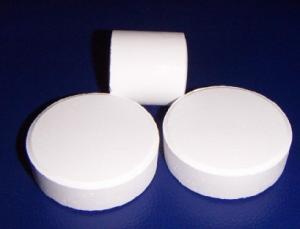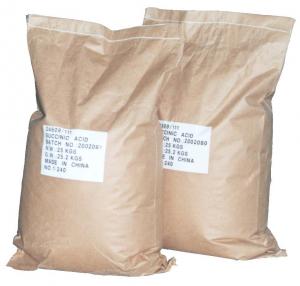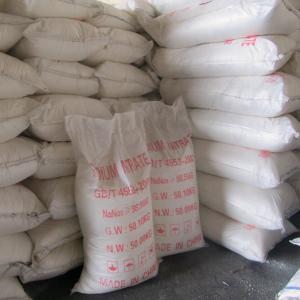RUBBER VULCANIZING ACCELERATOR (DM) Chemicals
- Loading Port:
- Tianjin
- Payment Terms:
- TT OR LC
- Min Order Qty:
- 25 m.t.
- Supply Capability:
- 12000 m.t./month
OKorder Service Pledge
OKorder Financial Service
You Might Also Like
RUBBER VULCANIZING ACCELERATOR MBTS(DM)
Chemical Name: Dibenzothiazole disulfide
Molecular Formula: C14H8N2S4
Molecular Weight:332.50
CAS NO. : 120-78-5
Executive standard:GB/T 11408-2003
Specification:
| Index | ||
High-class products | First-class products | Acceptable end-product | |
Appearance(Visual inspection) | White or light yellow powder, granular | ||
Initial M.P, oC ≥ | 170.0 | 166.0 | 162.0 |
Loss on drying, % ≤ | 0.30 | 0.40 | 0.50 |
Ash, % ≤ | 0.30 | 0.50 | 0.70 |
Residues on 150μm sieve,% ≤ | 0.00 | 0.10 | 0.10 |
Properties: white or light yellow powder (granule) with a little bitter, no poison. The density is 1.50, Melting point above 170℃,slightly soluble in benzene, chloroform and ethanol, is not soluble in water petrol. And ethyl acetate. Good storage stability.
Application: Given flat, moderately fast cures in NR and SR. Also used in a wide range of general purpose rubber. Non-staining and non-discolouring in "white" socks; used as a plasticizer and retarder in polychloroethylene rubber. Secondary acceleration is usually required for synthetic polymers. Better scorch safety than MBT.
Packaging: 20kg plastic woven bag, paper with plastic film bag, kraft paper bag or jumbo bag.
Storage: e product should be stored in the dry and cooling place with good ventilation, avoiding exposure of the packaged product to direct sunlight. The validity is 2 years.
Note: The product could be ultra fine powder based on customer accurate requirement.
- Q: Organic chemical concentration of bromine and liquid bromine What is the difference between the conditions in the iron as a catalyst can not be reacted with toluene to produce tribromotoluene? Is it possible to work with phenol to produce tribromophenol?
- The concentrated bromine water is a bromine aqueous solution and the liquid bromine is pure bromine. Only liquid bromine can produce tribromotoluene, and to add iron powder as a catalyst, and the main production is to lead bromotoluene and p-bromotoluene, tribromotoluene this content is very small.
- Q: Are biological enzymes harmful to humans?
- Recently, people are increasingly interested in the use of enzymes in cosmetics, not only from a technical point of view, but also from the market prospects and consumer awareness of these seemingly effective raw materials. Enzymes have been used in laundry detergent for more than 20 years and are linked to long-term performance with the ability to provide and enhance strong stain removal capabilities. According to some speculation, their positive response in the market may be interpreted as satisfying the aging population, the pursuit of younger needs to enhance the performance of cosmetics. The natural shedding process of the skin is controlled by the enzymatic reaction, and the specific enzyme dissolves the cell desmosomes that release the dead epidermal cells. These enzymes are produced in dead keratinocytes. Their active sites are phagocytosed with mercapto groups, and cleavage of peptide bonds in a manner similar to that of thio-glycolic acid and mercaptoalanine (plus derivatives) when the hair is broken. Use these types of enzymes and it
- Q: why is palladium/platinum a good catalyst?
- Sparky 22 is wrong. Metals like palladium and platinum and nickel do absorb hydrogen. For example many times when doing a catalytic hydrogenation with Raney-Nickel you do not need to add H2 because enough H2 is already absorbed on the metal.
- Q: What is a catalyst in a chemical reaction?
- Hi Ganah! A catalyst is a substance that increases the rate of a chemical reaction without itself being used up in the reaction. They lower the activation energy for a reaction and also speed up the rate of the reaction (both in reverse and forward reactions). Let's look at a generic chemical reaction: A + B---C + D C + D---B + E Here, the catalyst is substance B because it is part of the chemical reaction but then it is not used up in the net reaction. See how it seems to be used up in the first step, but by the second step, the catalyst is made once again. The net reaction is A + B--->B + E and you can see how it is not consumed in the reaction. There are also 3 types of catalysts. Heterogeneous catalysts are catalysts that are in different phases than the reactants. An example would be like a reaction between two solids but a liquid is added to speed up the reaction. The liquid is in a different state of matter than the solids but it can still function as a heterogeneous catalyst. Homogeneous catalysts are catalysts that are in the same states of matter as the reactants. An example would then be ethyl acetate reacting with water to form acetic acid and ethanol with an acidic catalyst. They would all be liquids. Lastly, there are enzyme catalysts. These are proteins in your body that speed up biological reactions by reacting with substrates. I hope this helped and good luck with chem!
- Q: To write a 1500 words of small papers, so please help you busy
- Change the course of the reaction
- Q: What are the properties of the catalyst (eg, specificity)?
- The composition, chemical properties and quality of the catalyst itself do not change before and after the reaction; its relationship with the reaction system is as highly selective (or specific) as the relationship between the lock and the key. A catalyst is not for all Chemical reactions are catalyzed, for example, manganese dioxide in the thermal decomposition of potassium chlorate in the catalytic role to speed up the chemical reaction rate, but other chemical reactions do not necessarily have a catalytic effect.Some chemical reaction is not only a single catalyst, such as potassium chlorate Thermal decomposition can play a catalytic role in the magnesium oxide, iron oxide and copper oxide and so on.
- Q: What is a chemical catalyst?
- A substance that participates in chemical reactions but does not change the quality and chemical properties. It can change the reactant activation energy, speed up or slow down the reaction rate.
- Q: Brief introduction of enzyme as biocatalyst and general chemical catalyst and its personality
- enzyme inactivation (4) enzyme activity can be timely and effective regulation (5) the role of the enzyme conditions are more moderate (6) most of the enzyme (1) the catalytic efficiency is very high (2) Of the catalytic activity is often associated with coenzymes, auxiliary or metal ions, and some enzyme activity also need RNA as a cofactor Caixing, such as telomerase
- Q: Explain how catalysts help to reduce costs in industrial processes !?Thanks
- Catalysts are efficient at converting starting materials to the final products. Since catalysts convert these materials to the product faster, less energy will be used, and often less other materials will be used to complete the process. Both will save the company save time and money. Not to mention the catalyst can be reused, often hundreds of times before it needs to be replaced. Hope that helps!
- Q: An important property of the catalyst is that the reaction equilibrium is not changed while increasing the forward reaction rate and the reverse reaction rate. However, because the enzyme for the specificity of the substrate, is not almost every reaction by the enzyme are one way to do it.
- A brief description of restriction endonucleases and DNA ligases: Restriction endonucleases, and DNA ligases, can be said to have nothing to do with energy calculations. In particular, the actual effect of these two enzymes is not to switch between A (DNA) and B (disconnected DNA) states. Restriction endonucleases do not need to open base pairing in addition to the phosphates, whereas the DNA ligase itself is responsible for linking 5'-phosphate and 3'-hydroxy. Which use the energy supply substances, coenzyme are not the same, can not be used as the same reaction is positive and negative process considerations.
Send your message to us
RUBBER VULCANIZING ACCELERATOR (DM) Chemicals
- Loading Port:
- Tianjin
- Payment Terms:
- TT OR LC
- Min Order Qty:
- 25 m.t.
- Supply Capability:
- 12000 m.t./month
OKorder Service Pledge
OKorder Financial Service
Similar products
Hot products
Hot Searches
Related keywords
